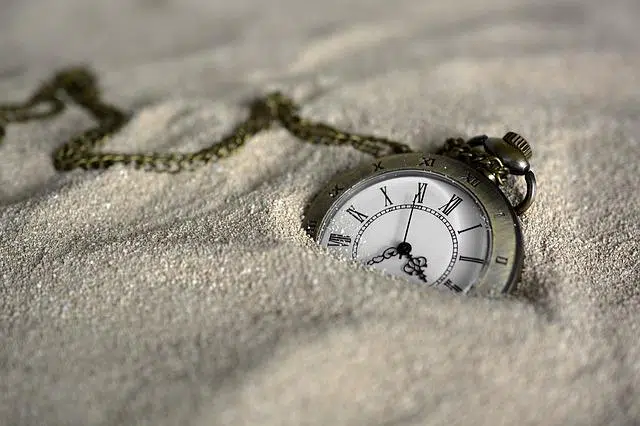
Present can be used as a synonym for gift or gift.
Originating from the Latin word praesens , present is a concept with multiple uses and meanings. It is an adjective that allows us to refer to the time that passes at the current moment or to the time in which a person is when they tell something. To cite some examples: “You can't always think about the past: you have to live in the present,” “The actor went through several difficult moments, but now he enjoys a happy and full present with his family,” “The present “The team is very poor and the future also looks complicated.”
An individual who is present, on the other hand, is one who is in front of someone or who went with them to the same place: “I wanted to let you know that tomorrow I will not be present in class since I must go to the doctor” , “Marcos was present when the criminal entered his home” , “I will not be present on your birthday: I have to travel a day before for work reasons” .
In other contexts, the word present can function as a synonym for a gift or present that is offered to a person as a sign of affection or recognition: “I bought you a small present,” “I'm going to have to think of a gift: I can't come up with it.” my friend's wedding without a present” , “Look at the present my boss gave me for my commitment to the company” .
The present time
For grammar , present is the name that identifies the time that corresponds to something that occurs or to a thing that is described simultaneously at the time of being evoked. Verbs can be conjugated in the present tense depending on the grammatical person: “Pepe loves hamburgers” and “The children play in the square” are sentences in which the verb is conjugated in the present tense.
There are several uses of it, which are known as:
* Present tense (an action that occurs at the same moment in which it is being mentioned; it can be short or last a certain time. For example: "The order arrived today.");
* Habitual present (an action that develops successively with a certain periodicity but is not continuous. For example: "On Tuesdays I go to therapy.");
* Gnomic or timeless present (events that take place outside of a certain time, expresses sentence, truth or knowledge. For example: "Human beings cannot fly");
* Historical present (actions that occurred in a past time but that when mentioned in the present acquire a closeness to the current moment. For example: «Fyodor Mikhailovich Dostoyevsky was born in Moscow on November 11, 1821);
* Present with future value (action that will surely occur in the future, usually used to mention future plans. For example: "I won't be there on Tuesday because I'm traveling to the mountains");
* Present imperative (used to order something to someone. For example: "Close the window!").

The time that passes today is called present.
Use of this verb tense
At first glance, the use of this verb tense is simple, there is no way to make a mistake; However, in practice this is not the case. In fact, in literary creation workshops , one of the most common errors is the misuse of verbal tenses or the combination of them that is not recommended.
For example, it is normal that in certain stories written in the present tense, sentences in the past tense suddenly escape; Although sometimes it may be a license that the author himself has taken, most of the time it is due to a lack of concentration or rigidity when composing the text .
It is essential, therefore, that as authors we acquire a broader notion of verb tenses and conjugations every day to offer clean and correct literature.
